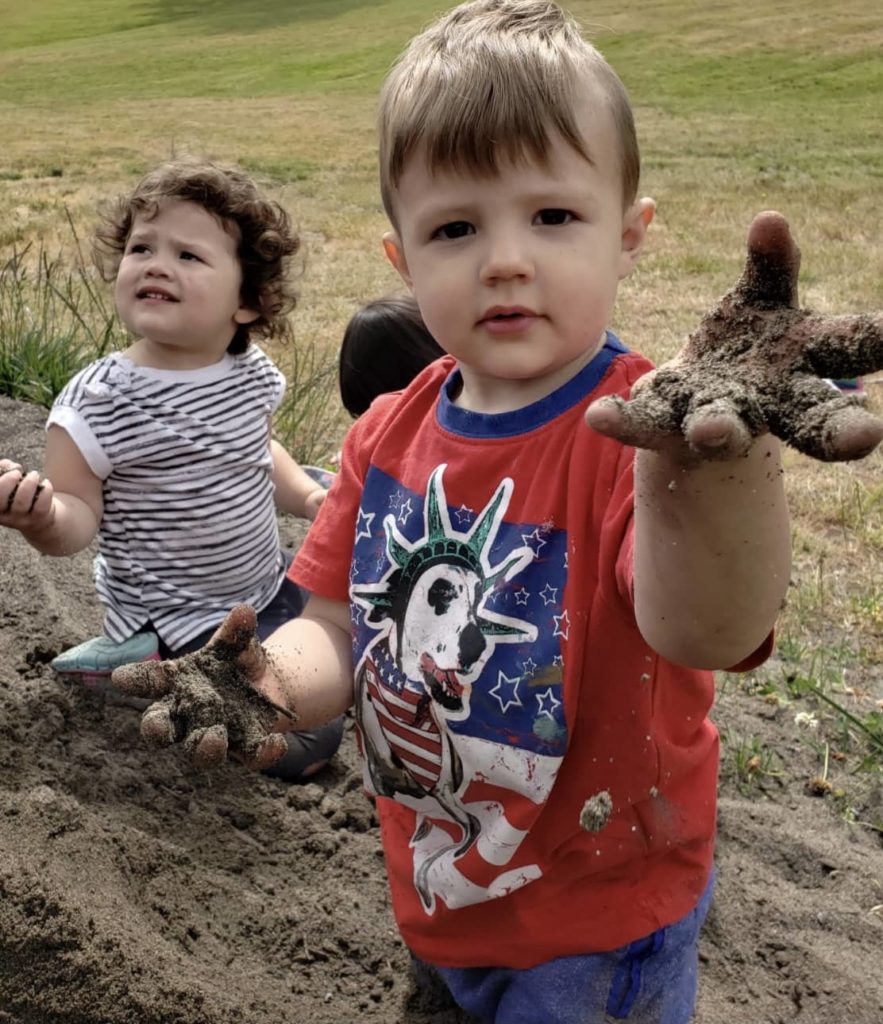Nature plays a crucial role in the development and well-being of children. Studies have shown that spending time in nature has a positive impact on children’s physical, emotional, and cognitive development.
Physical benefits of nature include improved health, increased physical activity, and reduced stress levels. Children who spend time in nature are more likely to engage in physical activities such as hiking, playing, and exploring, which can help them develop motor skills and maintain a healthy weight. In addition, exposure to green spaces and fresh air can reduce stress levels, promote relaxation, and improve overall physical health.
Nature also has a positive impact on children’s emotional development. Spending time in nature can help children develop a sense of self-awareness and connection to the world around them. Children who spend time in nature are more likely to develop a sense of responsibility and respect for the environment, as well as a sense of independence and self-esteem.
Cognitive benefits of nature include improved concentration and memory, increased creativity, and better academic performance. Studies have shown that children who spend time in nature are better able to concentrate, remember information, and solve problems than those who spend most of their time indoors. In addition, exposure to nature can help children develop their imaginations, allowing them to think creatively and develop new ideas.
In conclusion, nature plays an essential role in the development and well-being of children. Spending time in nature can improve physical, emotional, and cognitive development, making it an important aspect of childhood. Parents, educators, and policymakers should strive to provide children with opportunities to spend time in nature, to ensure that future generations grow up with a healthy appreciation for the world around them.


